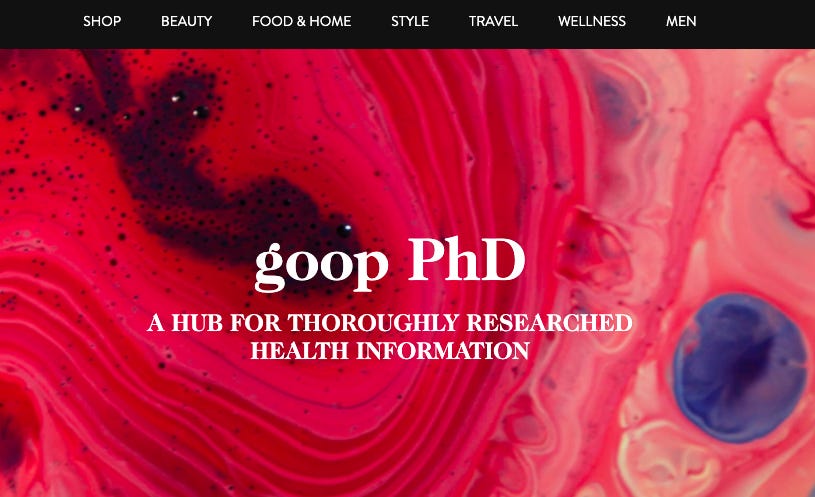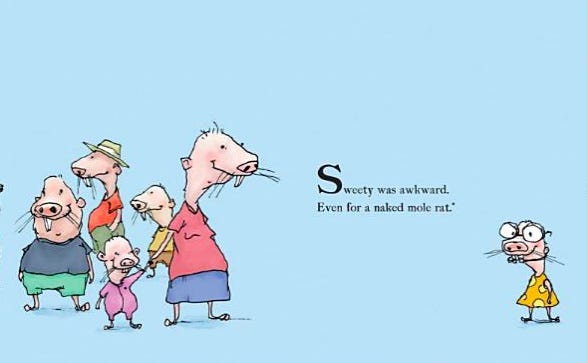Friends, I have a new friend. She has long, luxurious black hair and a dazzling-yet-modest smile. She shares my love of 90’s music and is the only friend I have made since high school to dance with me to Ghost Town DJ’s “My Boo.” She is the most relatable person to have ever graduated from business school. I see her a few times a week, and if I miss our dates I’m sad, because I am a loyal friend, and because seeing her fills me with joy all over. My children know her children; we celebrated her son’s first birthday together. Our mothers are buddies. When her father died, we mourned together.
We gush about our new friends, don’t we? The thrill of being discovered, being chosen, especially when you wake up most days feeling like an expired container of greek yogurt, is worth bragging about. Having a new friend is a full-body experience. I am blushing right now writing this.
What I haven’t told you about my friend is that our entire friendship has developed over Zoom, WhatsApp, a little phone call here and there for funsies. I’ve only met her once or twice in what my son calls “real life.” We have never hugged. (Remember how casually we used to throw a hug around? I bet if you think about the last 10 people you hugged before COVID you will realize you didn’t even like 4 of them).
If it seems like you have been forced to read my diary against your will, I promise I have a point here. I am someone who likes to find the most ornery-looking person on the subway and say good morning to them. I love being all up in someone’s physical space. I love scanning their whole bodies with my hungry, social, mind. Up until a few months ago, I believed that this was the gold standard of human interaction. As this very self-assured psychologist writes writes for GOOP, “The more virtual friends we have, the lonelier we get…I like to say a real friend is someone who’ll show up at 3:00 am when your car breaks down on the highway. How many people do you know who could pass that test? That’s how many real friends you have.” Real friends. Yes GOOP lady, yes.

I have never thought very much of having a PhD, but this makes me just a wee bit offended…
In the years that I have spent with children, especially those whose brains for whatever reason have more difficulty with face-to-face friendships, I have listened with horror to tales of many a virtual friendship. Like most of the adults around me, I have disparaged, or at best, dismissed them, like we do when a kid says they like to read graphic novels. Especially when it comes to autistic children, adults often see these virtual relationships as a failure, a pathetic substitute, a fantasy.
Sure kid, you play Fortnite every day with a boy in Ohio named Illuminati666, but who are your real friends? And do you know that Illuminati666 is probably a 65-year-old pedophile? Or at least a 35-year-old shut-in who still lives in their parents’ basement? Enough. Go out to recess and invite yourself into an aggressive game of flag-football.
Yes my dear, you FaceTime with your mom’s friend’s daughter in New York and talk about your deepest darkest fears and Avatar: The Last Airbender but who are you sitting with at lunch? That’s what I thought. Now let’s play a board game that teaches you to wait your turn in a conversation.
If you work with kids in any capacity, this kind of thinking has to feel familiar. The neurotypical world has long considered itself the only game in town in terms of friendship. But children who struggle with learning, attention, self-control, pretty much anything, often struggle to navigate in-person relationships to an extent that pleases neurotypicals. If they are sensitive and perceptive, they are criticized for taking things too personally. If they are passionate, they are dinged for interrupting or dominating conversation. If they attend to information other than what is happening on people’s faces, they “lack awareness of nonverbal social cues.” And these skills matter, in some situations, of course. But the idea that they are essential to forging social connections is, for lack of a better term, a little old-school. Perhaps it is not pathetic, but rather brilliant, that these children cultivate friendships that build on their strengths instead of exposing their weaknesses?
If you want a good cry, watch this Skype ad about the cross-continental friendship of two girls who were born with only one arm
The other thing about neurodivergent people and friendship is that it can be damn hard to find “your people” when you are in a minority group, and also when everyone like you is being trained to mask the very traits that you find engaging. Inclusion has its benefits, and yet the happiest quirky kids I know are the ones who have gone to separate schools just for kids with learning challenges. As one of my favorite children’s books points out, it is hard to find your “affinity group” when you are the only naked mole rate interested in identifying funghi.

If you are a human being on earth at this moment, you are likely conducting most of your friendships in the virtual space. And much has been written, from people even more expert than the GOOP lady, lamenting the limitations of this form of connection.
One article in the New York Times points out that Zoom is bad for our empathy and social connection because we cannot build trust through eye contact, get real-time facial cues, and properly mirror one another. On Zoom, the experts say, “Whether subconscious or conscious, we’re having to do more work because aspects of our predictions are not being confirmed, and that can get exhausting.”
This is, uncannily, a perfect description of how many neurodivergent people would describe in-person interaction. Is it possible that the growth of virtual relationships is not only increasing understanding for the depths of these online friendships, but leveling the playing field between those whose brains conform to the demands of in-person interaction and those whose don’t?
Another article by the same author laments that We’re All Socially Awkward Now. My response to that is, so what? Maybe that’s a bit more equitable. And, dare I say it, I am coming to think that, even for someone like me who is dreaming of the day she can wipe the crumbs from the corner of a stranger’s mouth, there are even advantages to this kind of relationship. Easier access. More freedom to pick up conversations when we have the energy and abandon them when we suddenly don’t. Less social information being thrown at us and more time to process and respond.
A smaller, more radical group is speaking up about the realness of virtual interaction. In his article “Is the Internet Real” Michael Taggert puts it beautifully. “I am affected by the internet. My consciousness exists there — not as fully as in my brainpan, but it’s there. It’s real.”
After six months online, I think I am happy with everyone being socially awkward. And I am surprisingly satisfied with what I am experiencing as many rich, complex friendships with people who I cannot touch or smell. I can say with 100% confidence that if my car broke down at 3:00 am on the highway, even in COVID-times, my new virtual friend would wrap her silky locks up into a top-knot and be there in a jiffy.
If I could, I would build a time machine and apologize to all of the students who tried to tell me about their real friends when I just rolled their eyes at them. I would ask them to tell me more about these friendships, and treat what happened in those spaces as authentic and worthy. And then, of course, I would kill Hitler.
More:
-I’m geeking out on Dr. Boonie Sripom‘s blog, Organized Messes. Start with What Being a Hero in Video Games Teaches Us if you want to hear more about the virtual-is-real perspective.
What are you getting out of your virtual friendships?? Comment below!





I've found texting to be an incredible joy and solace since becoming a mom, actually, but also in this time. There's something about the little flares that people send me and I send them that keep me going. Sometimes I ask long distance friends for just 3 headlines. It can be really hard to find good phone time, so these little snippets make me feel connected.